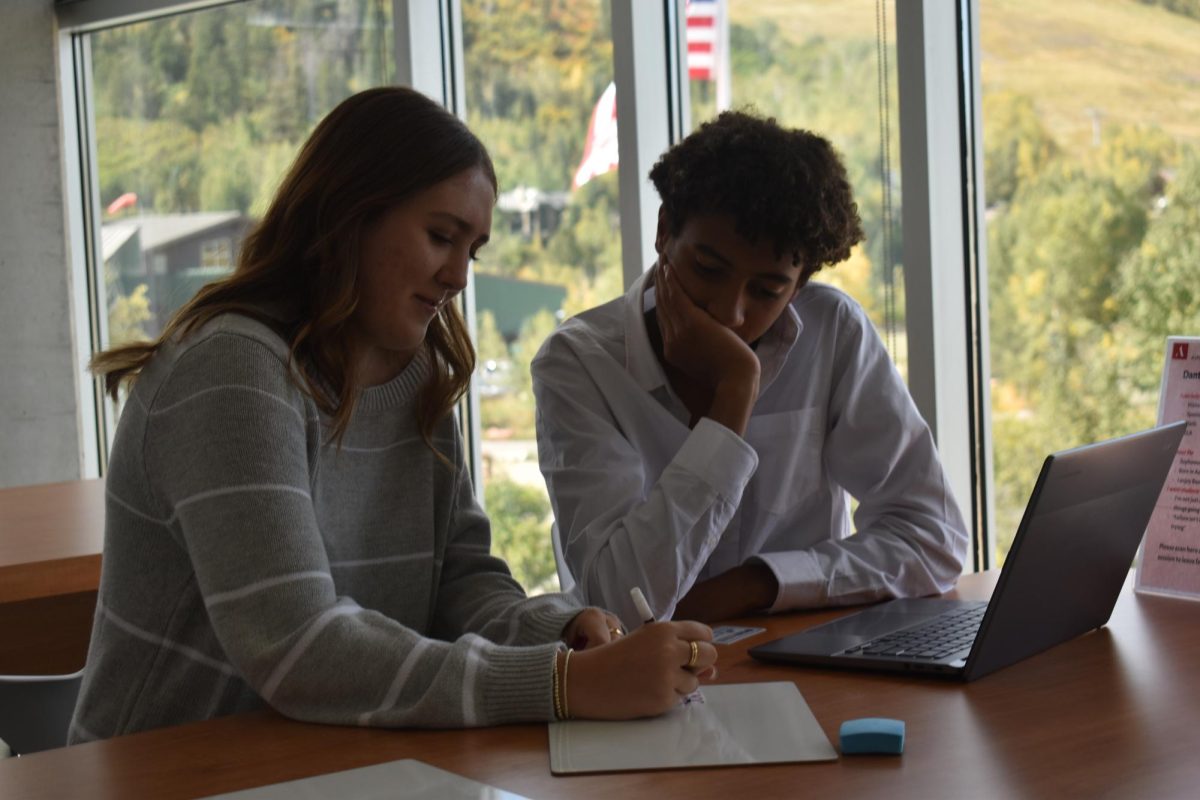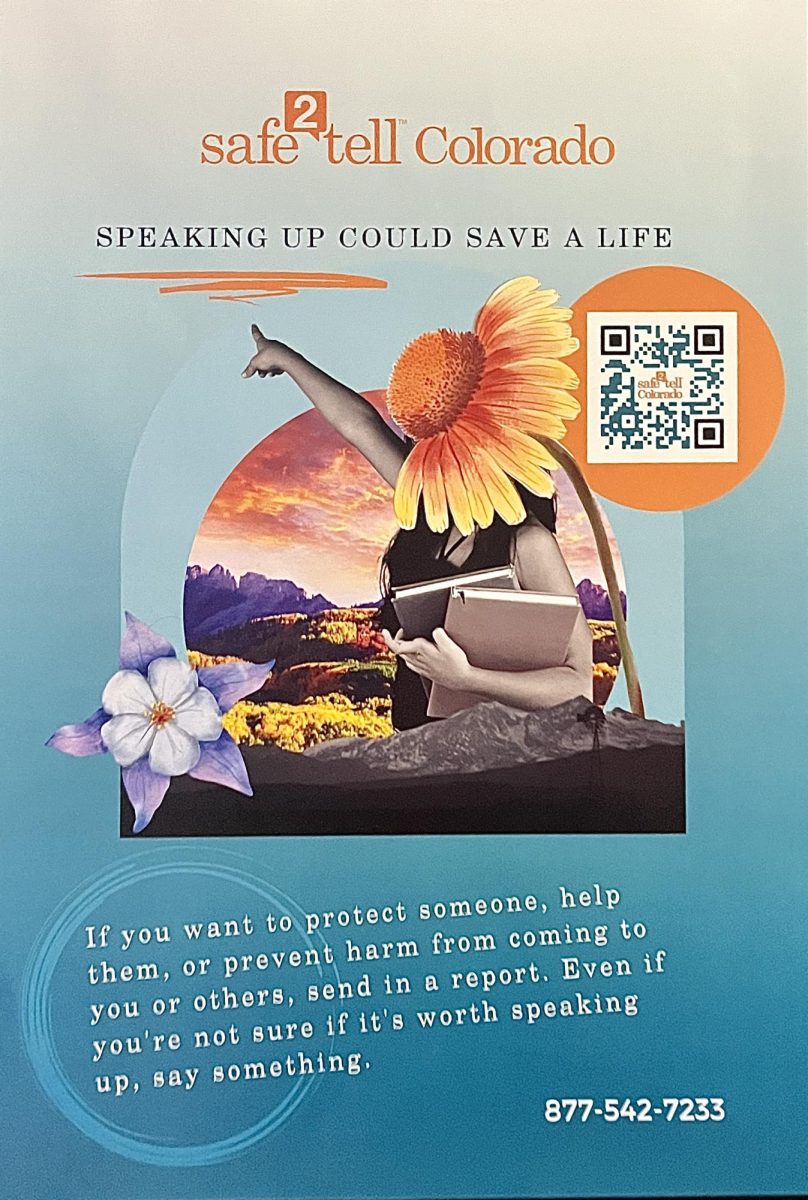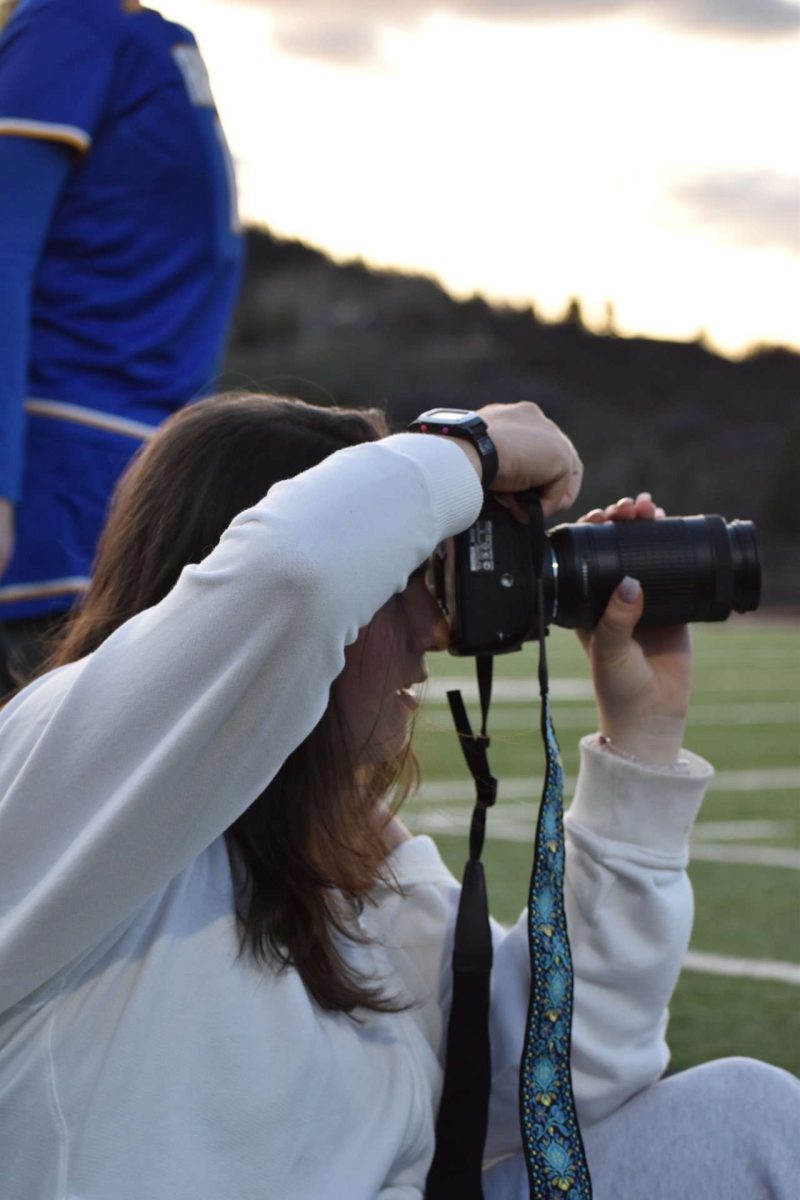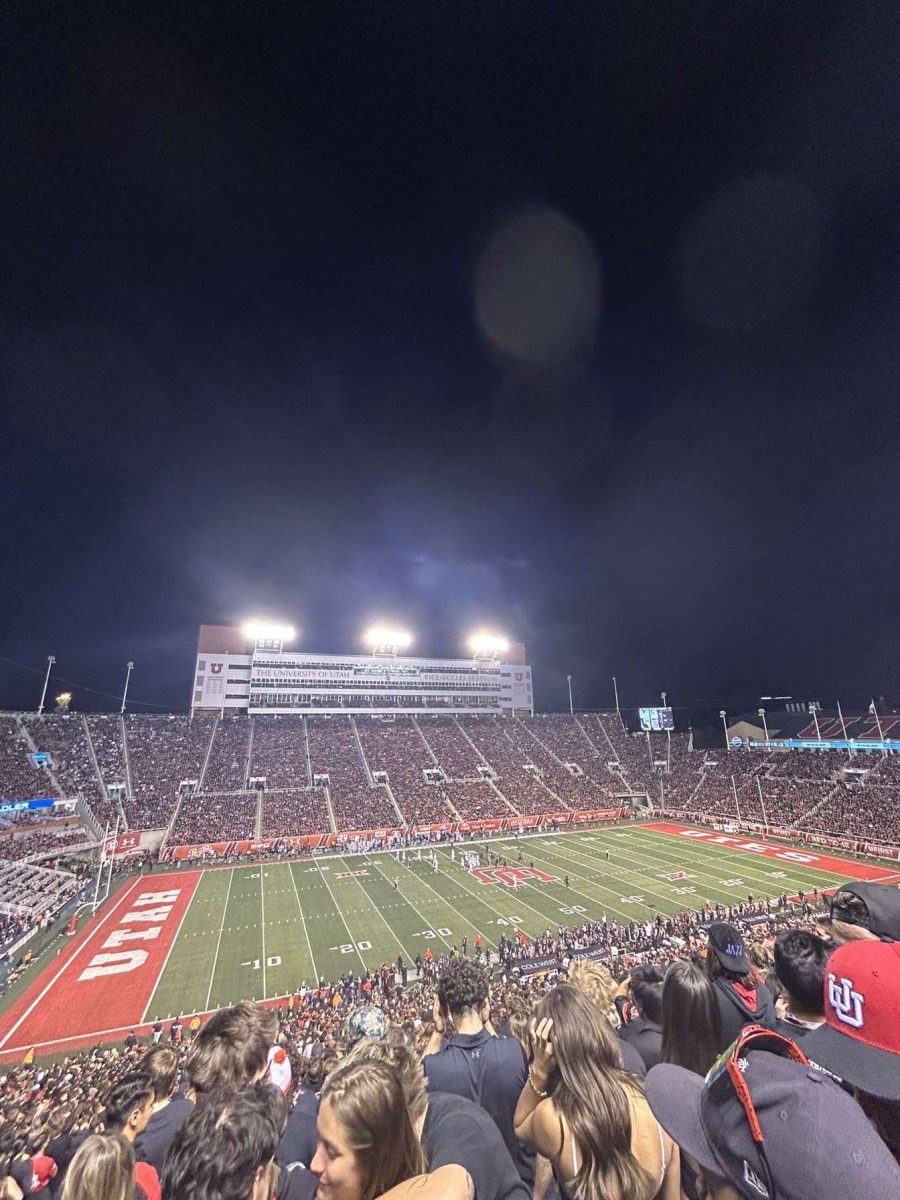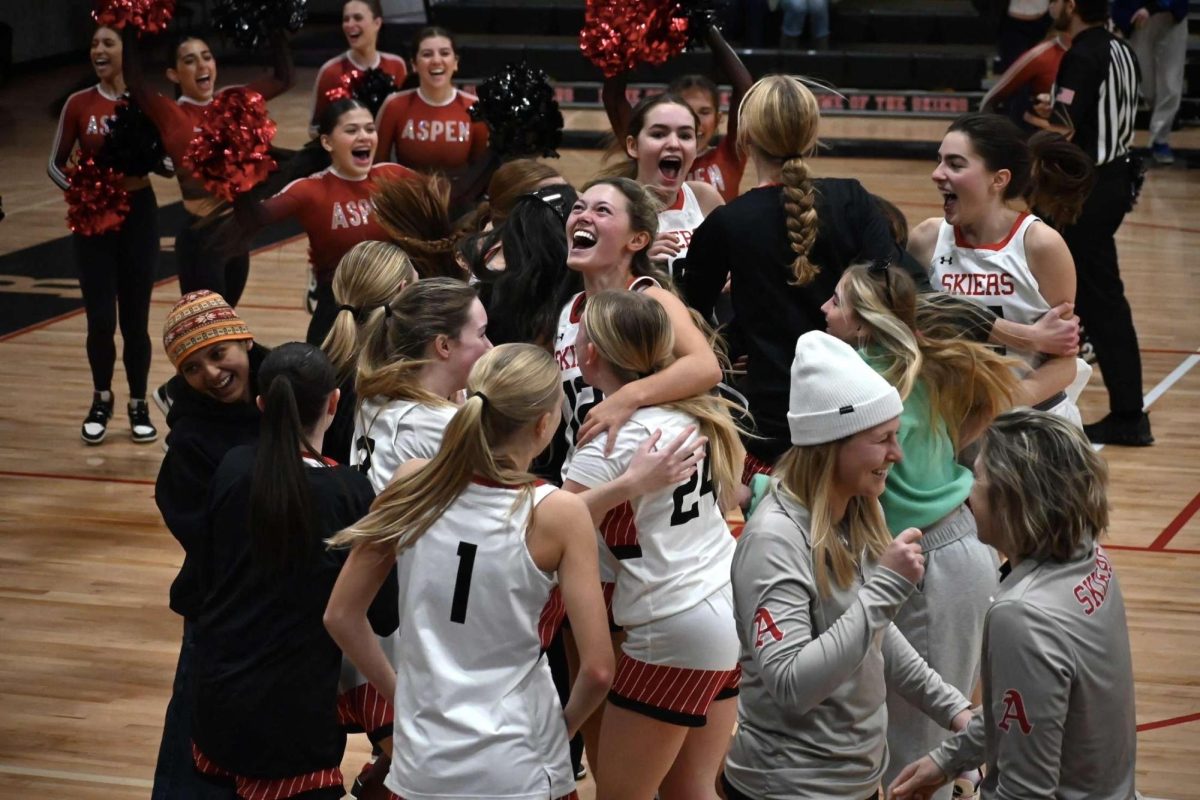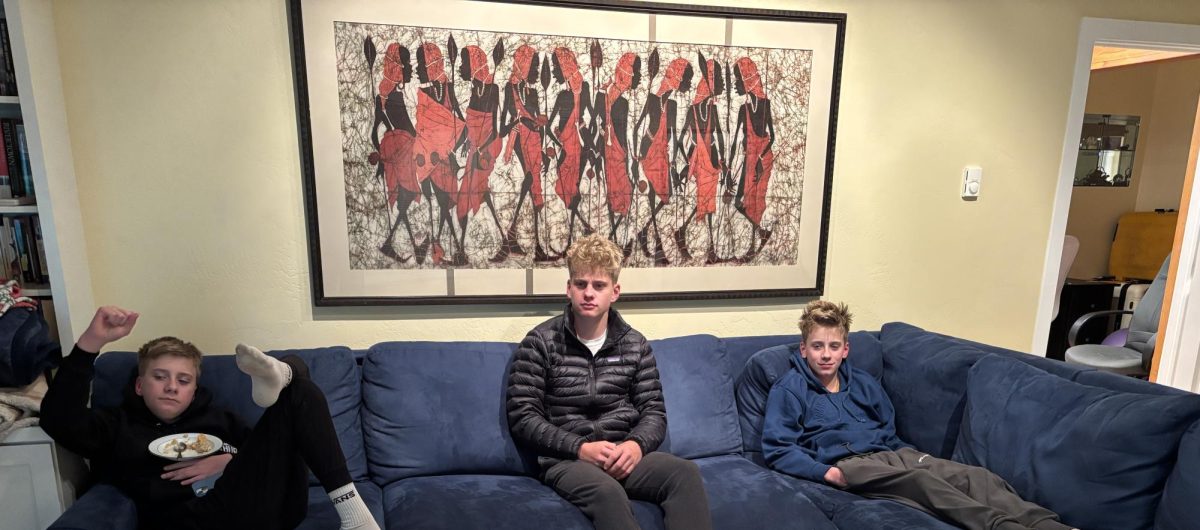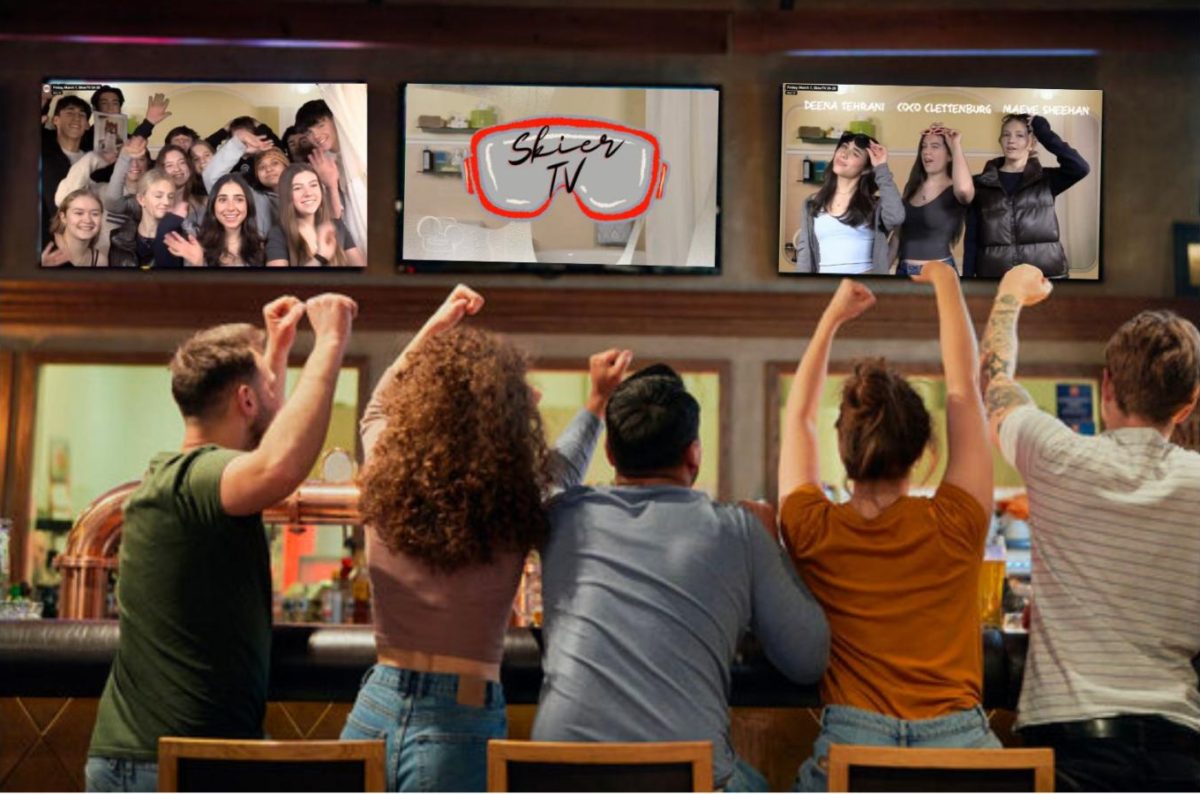Are college degrees worth it?

U.S. Bureau of the Census, 2010 American Community Survey
Data of US citizens use of their college degrees, after entering the workforce.
Americans may be going about the college process all wrong. At the age of eighteen, American children are encouraged to attend a university as soon as they graduate from high school. Once in college, students must choose a major––and the possibilities are endless. Not everyone is fortunate enough to know what they want to study, and therefore, those students don’t necessarily end up using their college degrees. Only 27% of people work in a job that is related to their college major (U.S. Bureau of the Census, 2010 American Community Survey\; authors’ calculations).
Two schools that do an excellent job of helping eighteen-year-olds find their passions are Northeastern University and Drexel University. Students alternate between studying on campus for a semester and participating in the co-op program where they are given the opportunity to work for a company. This type of learning is beneficial for students because it allows them to achieve real-world experience and gain insight into what field they may or may not want to pursue.
Some Americans feel rushed off to college whether or not they know what they want to study. In Israel, after graduating high school there is a mandatory draft into the military. They will serve their country for a few years and then apply to college. This system could be helpful by letting student’s brains will develop a little more before entering college and deciding what they want to study.
Natalie Newhard, a senior at AHS, believes that it is not practical for a student to attend college without knowing what they want to study.
“US colleges are so expensive, and the pressure that our society puts on young adults to go straight after high school is a really negative thing because for so many people it’s so much money and it’s a huge waste if you’re going having no idea what you want to do there,” Newhard said.
Unless a student wants to become a doctor or have a career that requires classroom learning, the only way to truly understand how to do something is to go out and get it done. For example, in the field of public relations, the best way to learn about working with clients and writing pitches is by actually sitting in the office and receiving hands-on experience.
Louise Lipsey, a student at AHS, already knows she wants to become an actress. Many actors and actresses have become successful and didn’t attend a university. Although for Louise societal pressures are a factor in her decision to attend college.
“Politicians and people of our government really like to push and instill this idea that going to college and going to the most rigorous school is what’s going to help you become successful in life when really that’s not the case,” Lipsey said.
Students often feel pressure to attend a university without being informed about the other paths they can take to succeed in their future. Students in America should be encouraged to attend college when the time is right––whether they are thirty years old or eighteen years old. Everyone is unique and shouldn’t be pushed to go to college at the same time if they aren’t ready to go.

Taylor Gurtman is a senior at Aspen High School. This is her first year as a staff writer at the Skier Scribbler. In Taylor’s free time, she enjoys skiing,...

